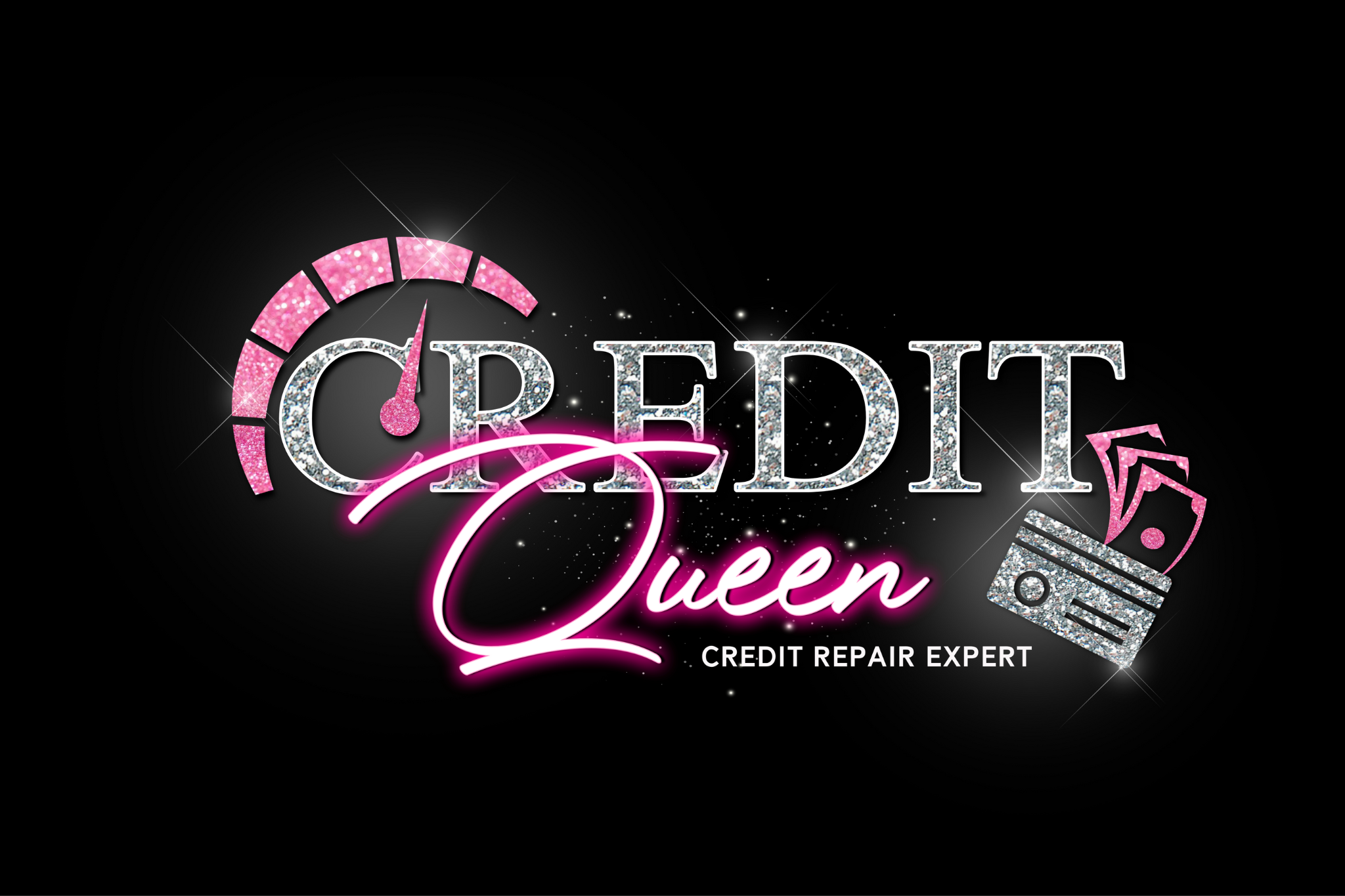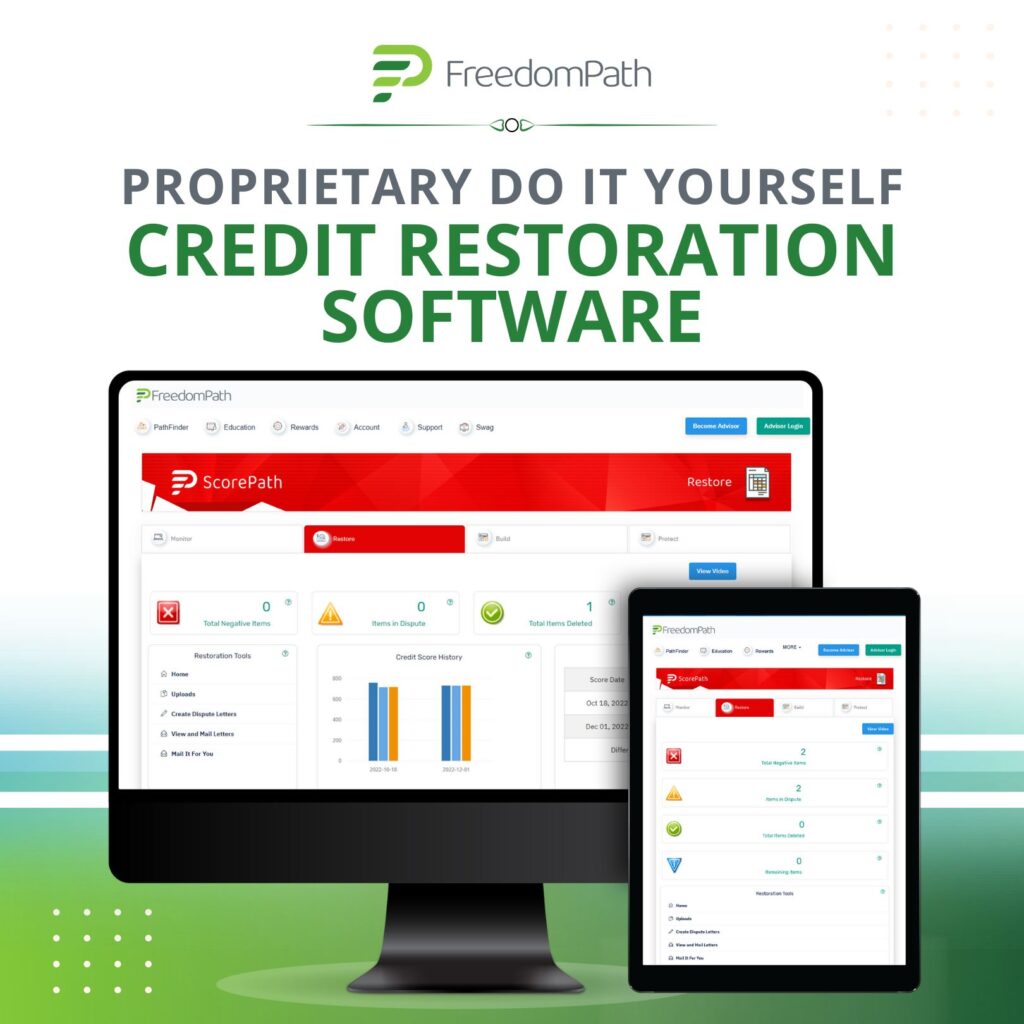Mastering the Art of Financial Jiu-Jitsu
Picture this: You’re in a financial tight spot, navigating the choppy waters of unemployment or underemployment. The bills keep piling up, and it feels like your credit score is doing a skydive without a parachute.
But wait, before you hit the panic button, there’s a powerful financial ninja move at your disposal –negotiation with creditors.
In this financial dojo, I, your Sensei of Savings, will guide you through the ancient and mystical art of negotiating with creditors while preventing and addressing financial crises.
We’ll also dive into the murky waters of credit reports, create a battle plan for managing your finances, and uncover hidden tax traps.
So, grab your katana of knowledge, and let’s get started!
Part 1: The Art of Negotiation
The Role of Negotiation with Creditors
Negotiation with creditors is your secret weapon against financial crises. When facing unemployment or underemployment, it’s easy to feel powerless.
But remember, creditors are not your enemies; they are business partners. They want to get paid and might be willing to work with you if you approach them correctly.
Here’s a scenario: You lost your job, and your credit card bills are mounting. You decide to call your credit card company and explain your situation. They might offer options like lower interest rates, extended payment terms, or even a temporary payment pause. This helps you in the short term and shows up as a positive mark on your credit report, indicating that you are managing your debt responsibly.
Ensuring Accurate Credit Report Reflections
Speaking of credit reports, let’s address the myth that negotiating with creditors will destroy your credit score. It’s like saying that practicing martial arts will make you less fit – quite the opposite!
When you negotiate with creditors, the key is to ensure that any agreements reached are accurately reflected on your credit report. You want your report to show that you are meeting your obligations as agreed upon. This is crucial for maintaining a good credit score. Most creditors report to the major credit bureaus (Equifax, Experian, and TransUnion), so make sure they accurately document your agreement.
Part 2: Crafting Your Financial Battle Plan
Creating a Financial Management Plan
Negotiating with creditors is just one piece of the puzzle. To truly master your finances during unemployment, you need a battle-tested plan.
Here’s a step-by-step strategy:
- Assess Your Finances: Know your income, expenses, and debts. Create a budget to track your spending.
- Prioritize Bills: Determine which bills are essential (e.g., rent, utilities) and which can be reduced or deferred.
- Negotiate with Creditors: Reach out to creditors early. Explain your situation, and don’t be afraid to ask for temporary relief.
- Cut Non-Essential Spending: Trim the fat from your budget. Cancel unused subscriptions, dine in more often, and consider cheaper alternatives.
- Explore Assistance Programs: Check if you qualify for government assistance, food banks, or nonprofit organizations that can help during tough times.
- Build an Emergency Fund: Once you’re back on your feet, save for emergencies to avoid future crises.
Remember, this plan is your financial armor. Stick to it, and you’ll emerge from your financial battle more robust than ever.
Part 3: The Hidden Tax Dragons
Tax Implications of Negotiating with Creditors
Now, let’s talk about the sneaky tax implications of debt negotiation.
When a creditor forgives a portion of your debt, the IRS might consider that forgiven amount as taxable income. It’s like winning a prize in the financial Hunger Games – you’re not entirely safe.
For example, if you negotiate a $10,000 credit card debt down to $5,000, the IRS might view the forgiven $5,000 as taxable income.
However, there’s a ray of hope here – the “insolvency” exception. Suppose you are “insolvent” (i.e., your liabilities exceed your assets) at the time of debt forgiveness. In that case, you can avoid paying taxes on the forgiven debt.
Preparing for the Tax Battle
To prepare for this tax battle:
- Document Everything: Keep records of all your negotiations, agreements, and financial statements. This will be crucial when dealing with the IRS.
- Consult a Tax Professional: Enlist the help of a tax expert to navigate the complex tax code. They can help you determine if you qualify for the insolvency exception.
- Plan Ahead: If you foresee significant debt forgiveness, start building your case for insolvency early by reducing non-essential assets and liabilities.
Part 4: Tales of Triumph
Let’s wrap things up with some inspiring tales of triumph. These are real-life examples of individuals who turned their financial battles into victories.
The Tale of Sarah:
As a marketing professional, Sarah lost her job during a brutal economic downturn. With mounting credit card debt and no income, she decided to negotiate with her creditors. She explained her situation, and most of her creditors agreed to lower interest rates and deferred payments. Sarah also created a strict budget, slashed non-essential expenses, and sought assistance from a local food bank. Within a year, she found a new job and paid off her debts while maintaining a decent credit score.
The Tale of Mike:
A freelance writer, Mike faced irregular income and hefty student loan debt. He negotiated with his student loan servicer for an income-driven repayment plan, which made his monthly payments more manageable during lean months. He also kept meticulous records of his finances and consulted a tax professional when some of his debt was forgiven. Thanks to his careful planning, Mike avoided a hefty tax bill.
Conclusion
Navigating unemployment or underemployment while negotiating with creditors may seem like an insurmountable challenge. Still, armed with knowledge and a well-thought-out plan, you can emerge victorious.
Remember, the art of negotiation is your ally, not your enemy.
Ensure that any agreements reached with creditors are accurately reflected on your credit report, and prepare for potential tax implications.
Ultimately, it’s not about avoiding financial crises but mastering the art of financial Jiu-Jitsu, using your opponent’s force to your advantage. So, go forth, my financial warriors, and may your credit scores soar as high as your spirit!
Yup, you guessed it. Sometimes I throw in those magical affiliate links that can whisk you away to credit utopia. But wait, there’s more! Each time you click on one of these bad boys and decide to snag a deal, a tiny trumpet-playing squirrel delivers a small bag of gold coins to our castle. In other words, I might earn a little something-something. Just know that I would never use a link that I don’t personally use myself and/or highly recommend.
About the Author
Meet Ashley Effinger, the Credit Queen and FreedomPath Advisor! Digital marketing royalty, I’m all about conversions and changing lives! By day, I improve credit scores, learn budgeting tricks, and build lasting wealth with my guidance. By night, I’m a rockstar wife and a supermom of 5 amazing kiddos! When not slaying credit myths, I indulge in my passions: reading, jet-setting, and sipping smoothies! Follow me for credit tips and a dose of laughter!


















